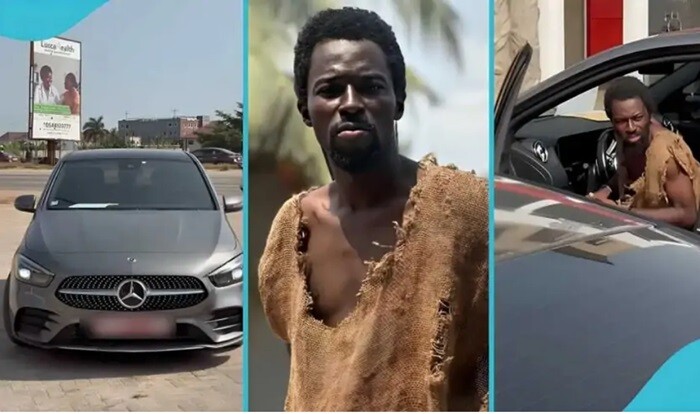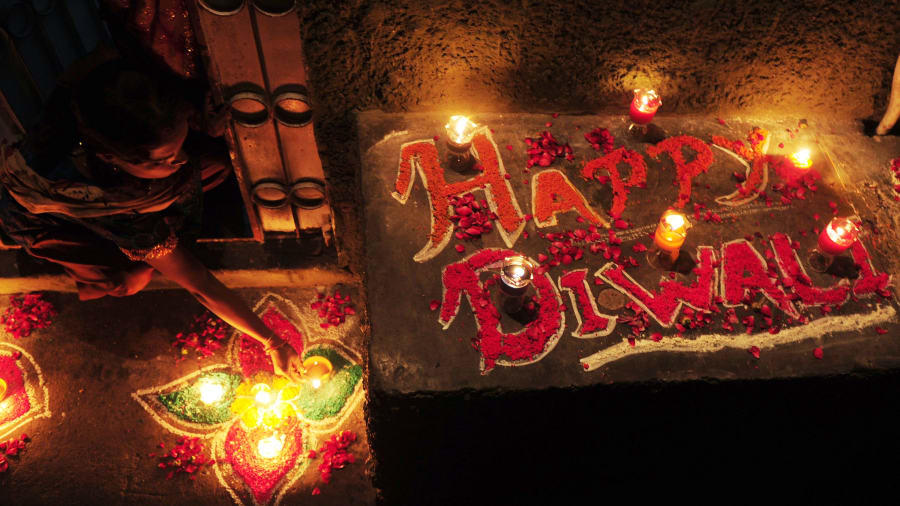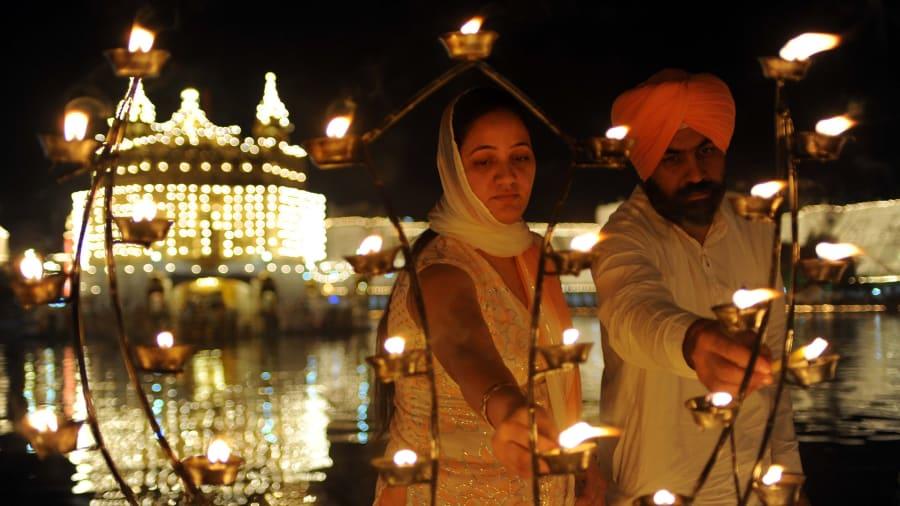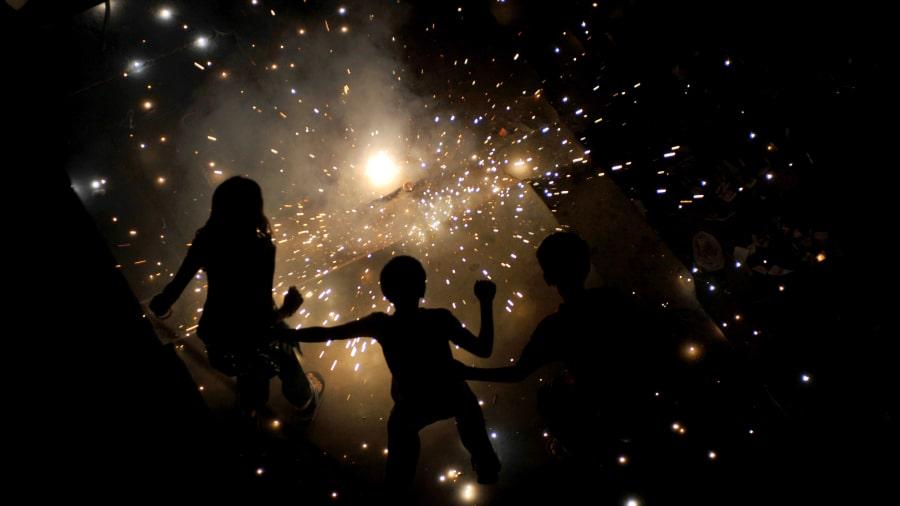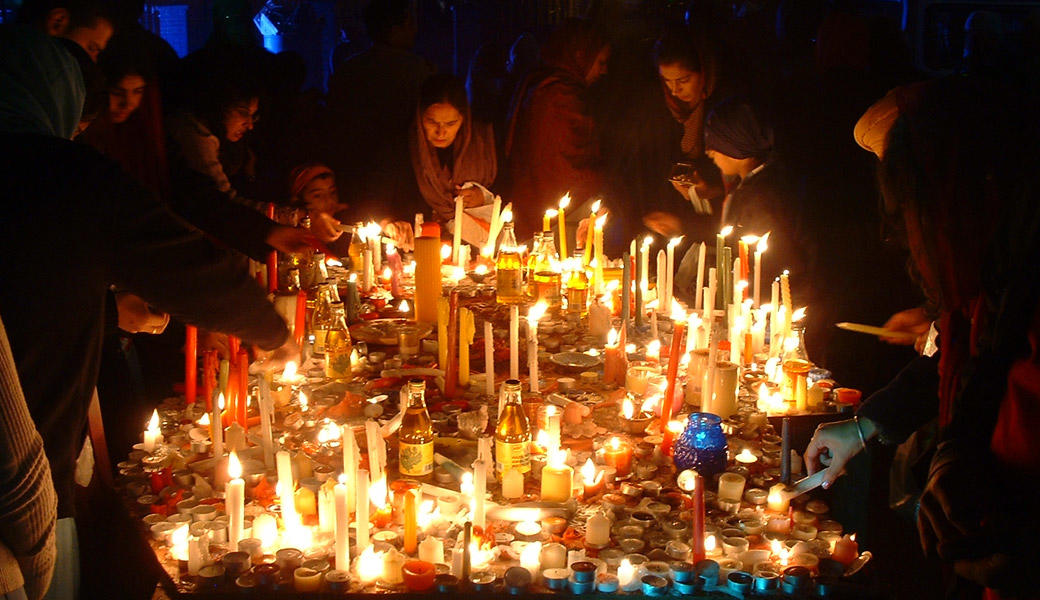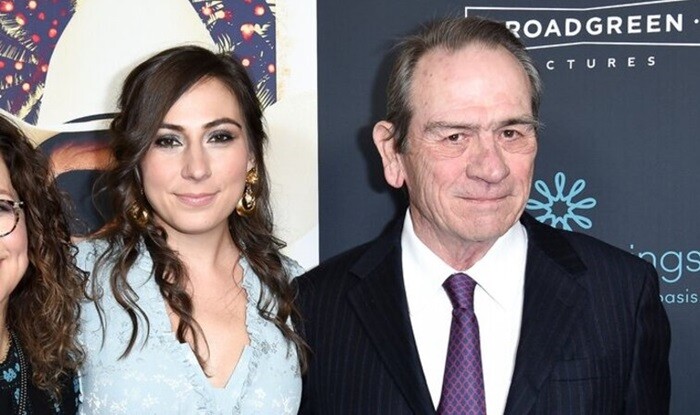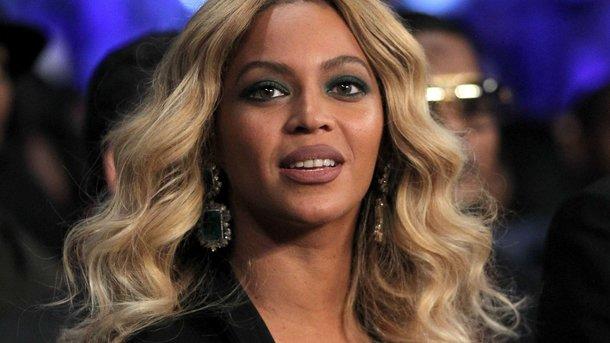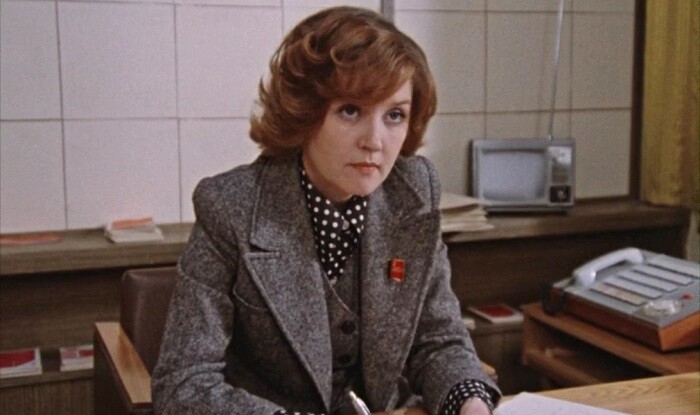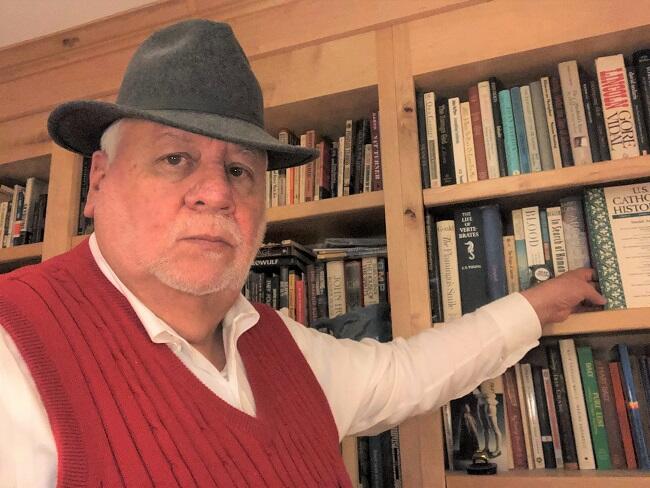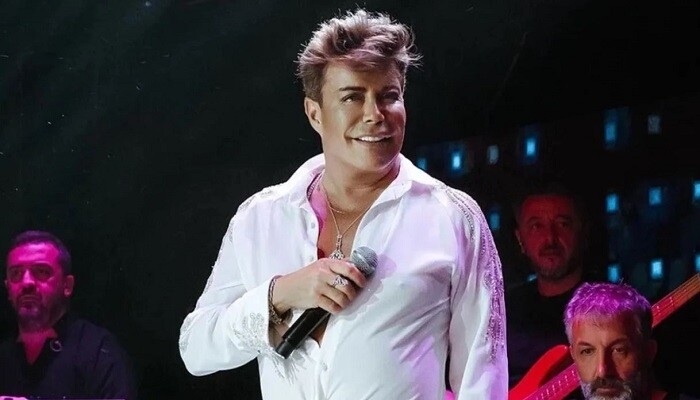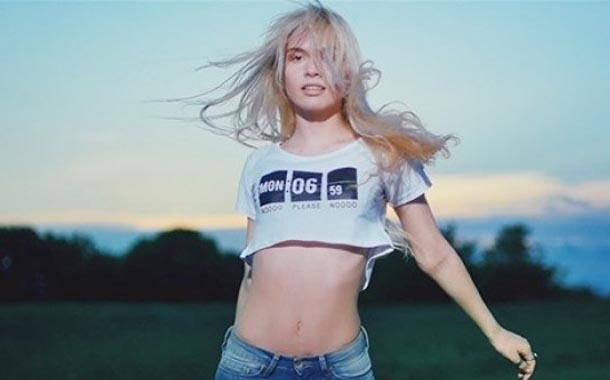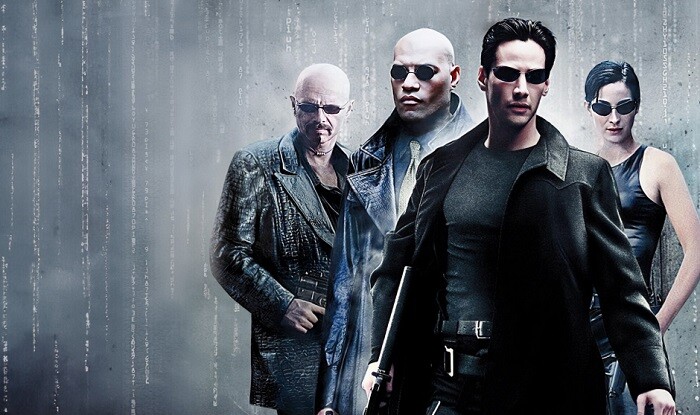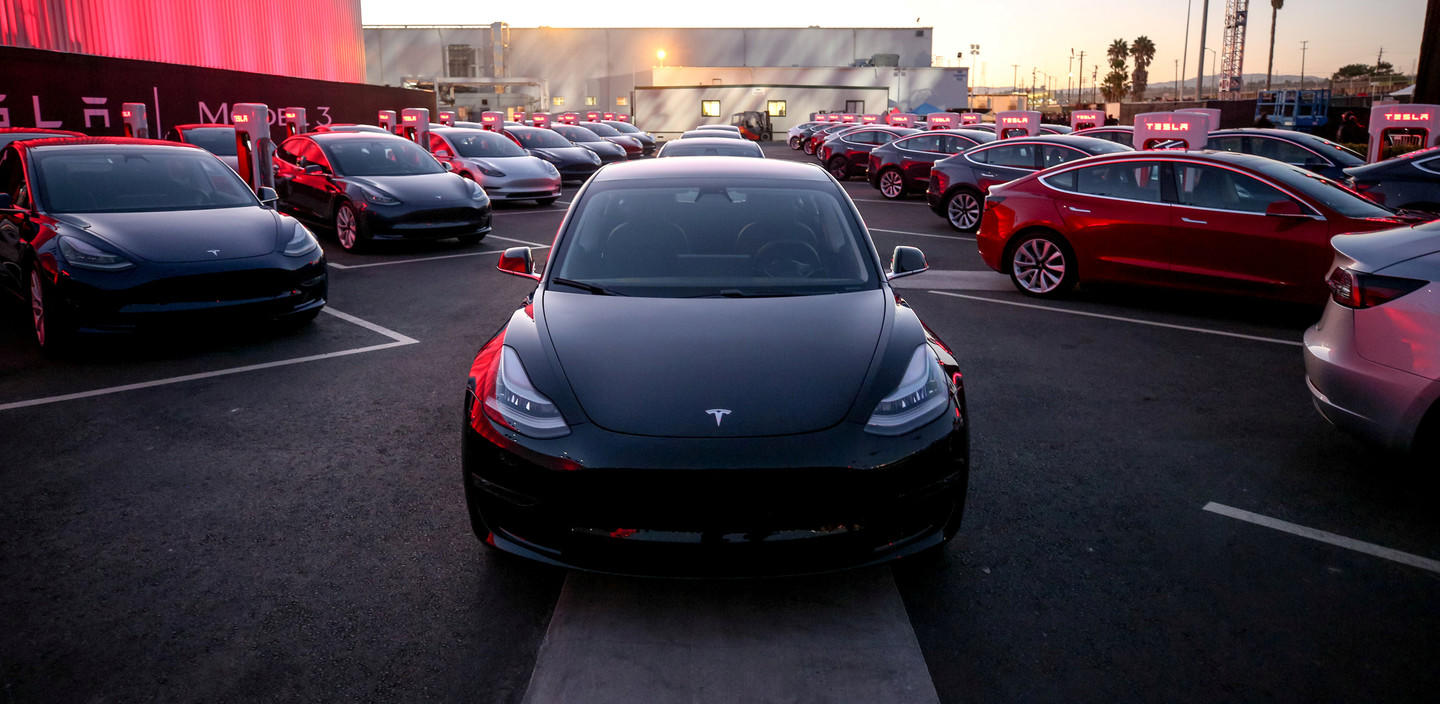

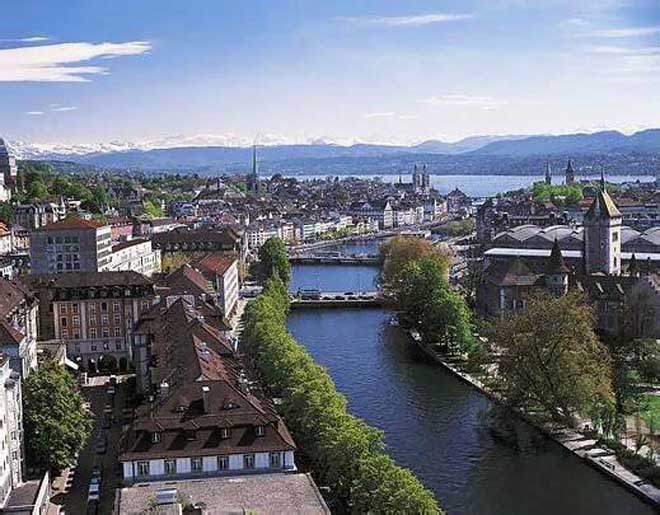
‘Fountain candle’ sparklers likely started Swiss bar fire
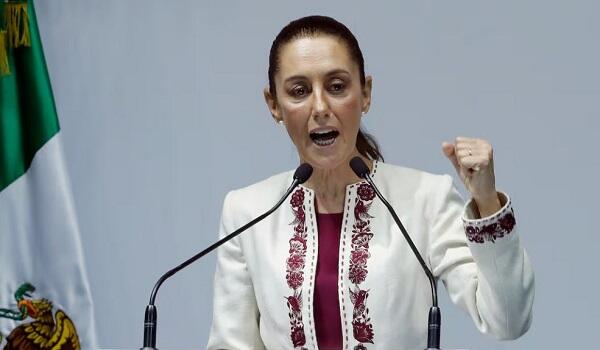
Earthquake interrupts Mexico's president
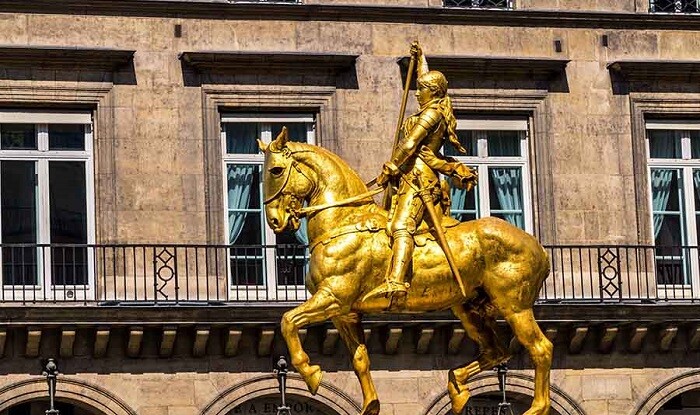
Man steals sword from Joan of Arc statue in Paris

Senior Al-Shabaab bomb maker killed in air strike
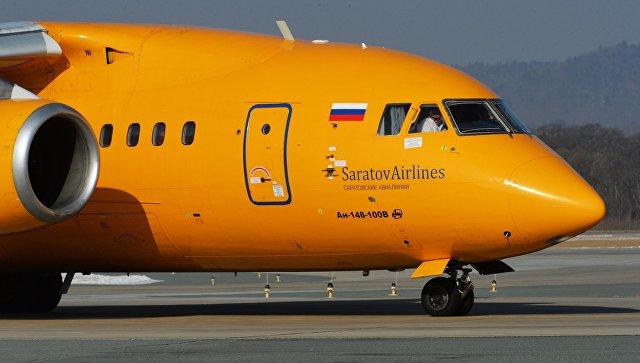
Flight restrictions imposed at Saratov airport
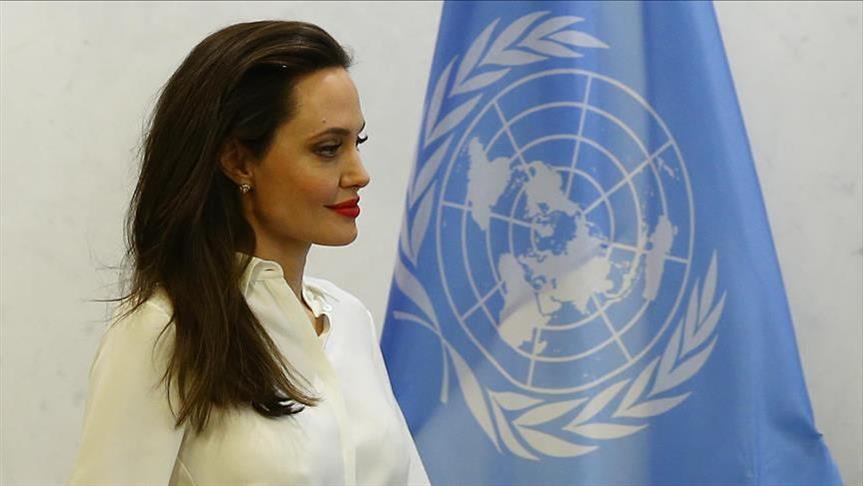
Angelina Jolie visits Gazan patients on Rafah border - Video
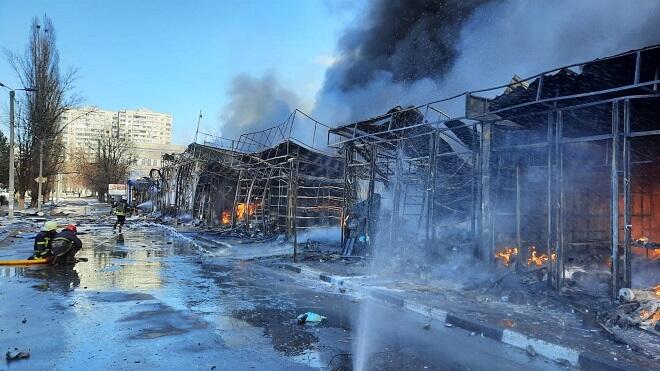
16 injured in Russian missile attack on Kharkiv

Ivashchenko to head Ukraine’s military intelligence

Golfer named as first Italian victim of Swiss bar blaze
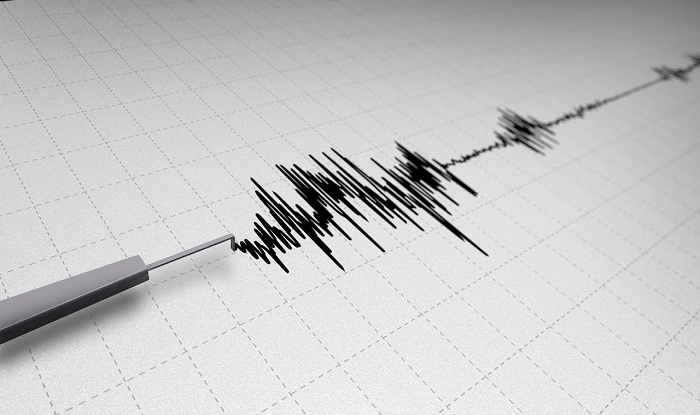
Earthquake of magnitude 6.3 strikes Mexico
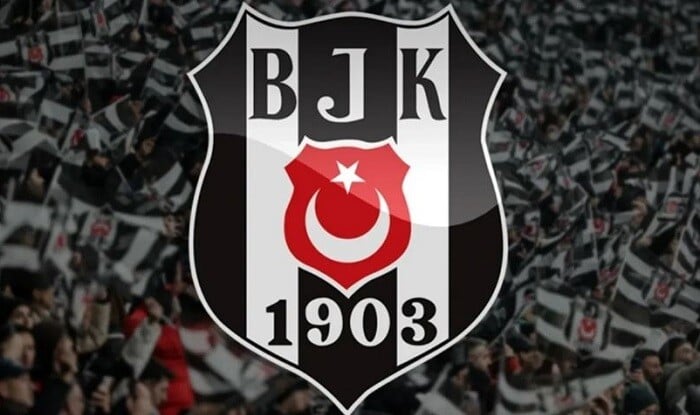
Besiktas eyes Azerbaijan national team player
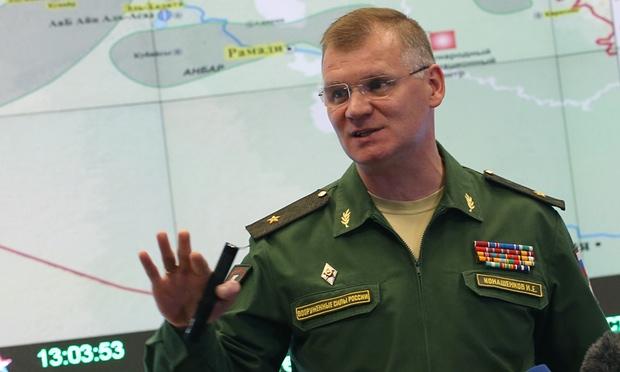
Russia reports Ukrainian losses on day 1409
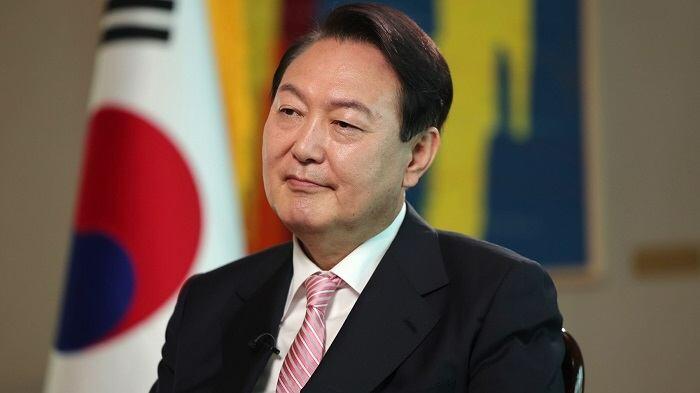
S. Korean court extends detention warrant against ex-president
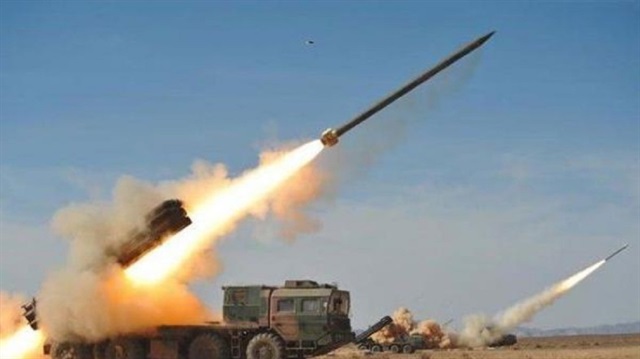
Israel strikes Hezbollah targets in S. Lebanon
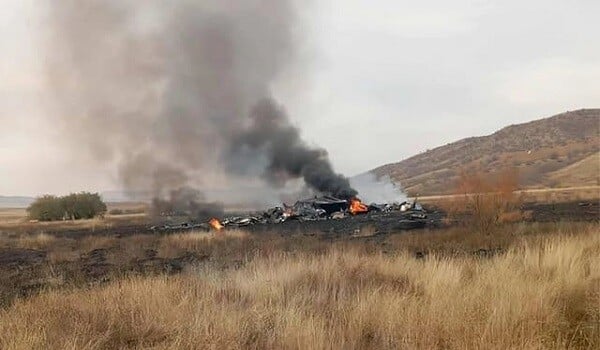
UK to analyse black box from Libya plane crash
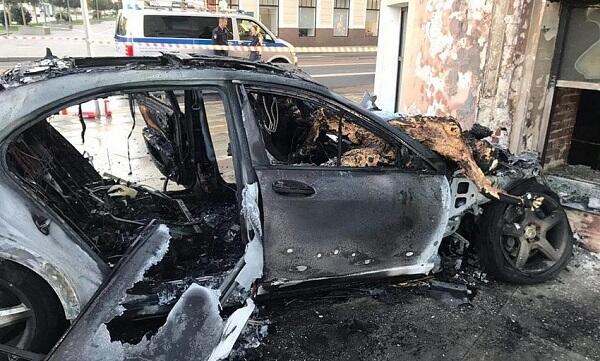
More than 1,000 cars burned in France on New Year's Eve

Trump again defends his health, cognitive skills

Zelensky names spy chief to head presidential office
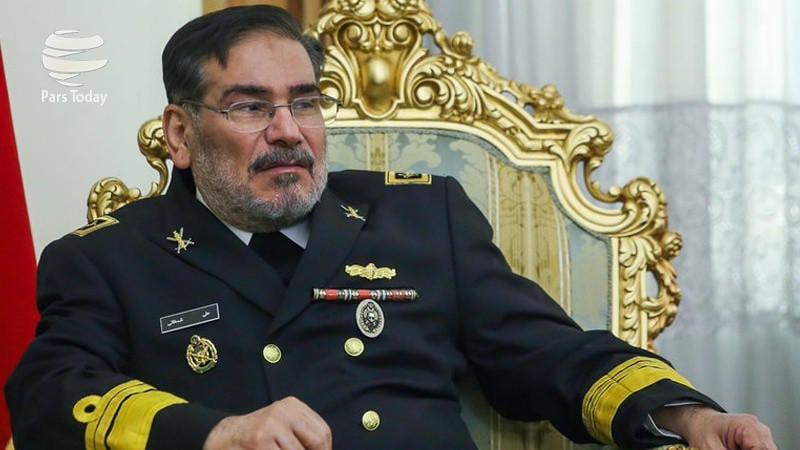
Shamkhani reacts to Trump's remarks

Building collapses in Nairobi, leaving people trapped
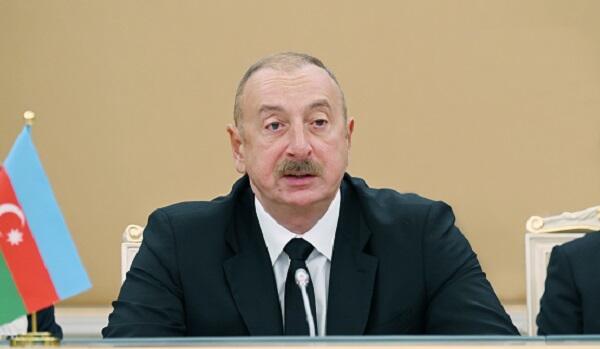
Aliyev extends condolences to former Latvian President
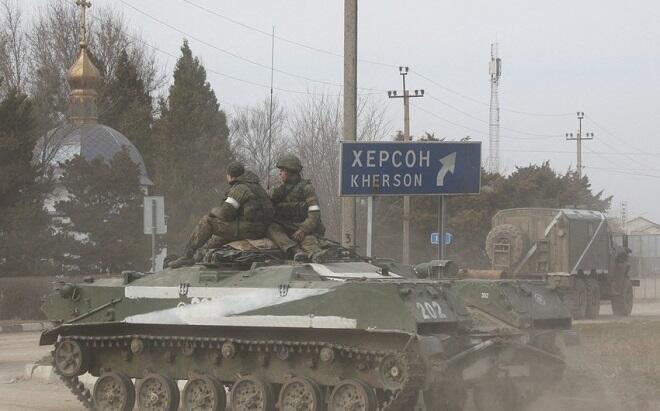
Ukraine says only hits ‘military targets’
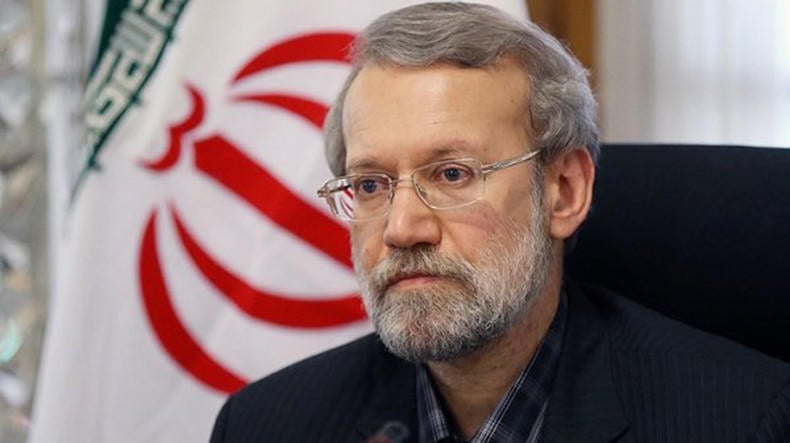
Iran warns US interference would destabilize region

Turkiye's longest river freezes in Sivas - Photo

Finland arrests two in connection with undersea cable damage
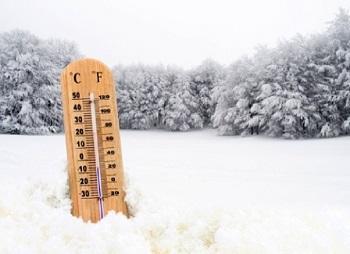
Weather forecast for January 3

Famous psychic shares 2026 forecast for Azerbaijan

Israel says it intercepted ‘false target’
